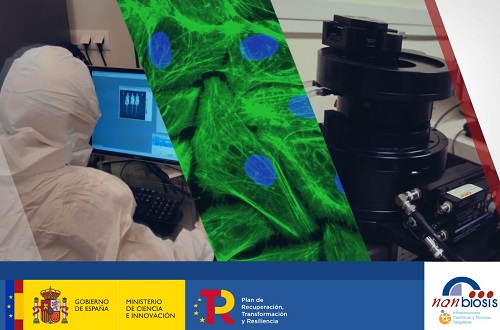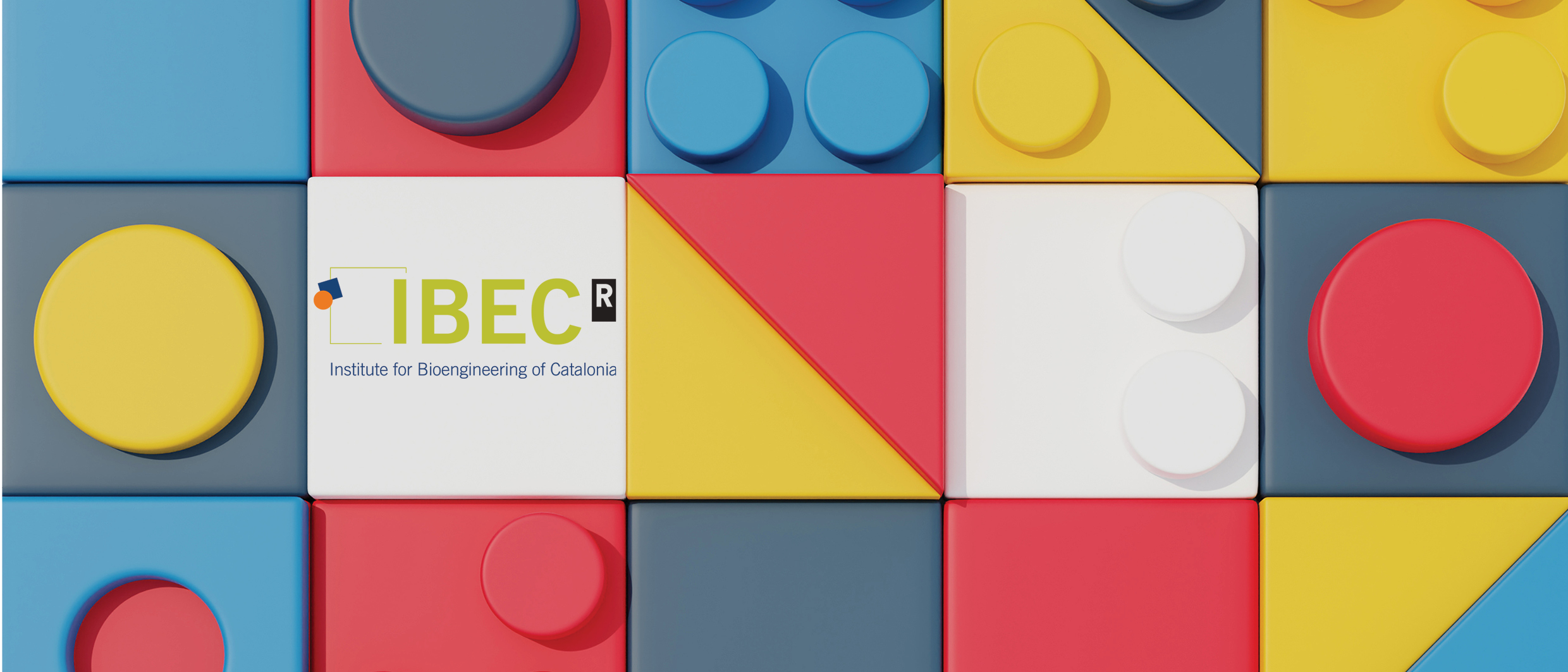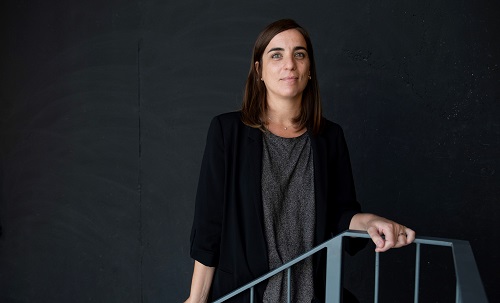Search Results for:
Gender & Diversity
TOGETHER, TOWARDS RESEARCH EXCELLENCE: GENDER & DIVERSITY AT IBEC IBEC actively promotes equal treatment and opportunities for all members of our community. We condemn and address any kind of unequal … Read more
Online IBEC Seminar: Stefano Pulchino
Regenerative Neuroimmunology – new generation molecular approaches to restore maladaptive inflammatory responses in the persistently inflamed CNS Stefano Pulchino, University of Cambridge There are currently no approved therapies to slow … Read more
Nano Rare Diseases Day 2022
Nano Rare Diseases Day es un evento organizado en el marco del Día Mundial de las Enfermedades Minoritarias donde se darán a conocer las últimas innovaciones en materia de Nanomedicina con temas que … Read more
PhD Discussions: Giulia Fornabaio and Shubham Tanwar
Biomechanics of the progression of colorectal carcinomas Giulia Fornabaio, Synthetic morphogenesis group According to the World Health Organization, cancer is one of the main causes of death worldwide, with colorectal … Read more
Nanodía mundial contra el cáncer – 2022
El Nanodía Mundial Contra el Cáncer es un evento organizado en el marco del Día Mundial contra el Cáncer donde se darán a conocer las últimas innovaciones en materia de NANOMEDICINA contra el CÁNCER, con … Read more
PhD Thesis Defence: Lucía Selfa Aspiroz
Engineering human pluripotent stem cells to understand kidney development and disease Lucía Selfa Aspiroz, Pluripotency for organ regeneration group This thesis defence will start at 10AM. If you wisth to … Read more
PhD Thesis Defence: Andrea García Lizarribar
Development of tunable bioinks to fabricate 3D-printed in vitro models: a special focus on skeletal muscle models with potential applications in metabolic alteration studies Andrea García Lizarribar, Nanobioengineering group This … Read more
Núria Montserrat at “TEDxBarcelona – 8+3 charlas para vivir una vida saludable”
Evento anual TEDxBarcelona 2022, una jornada única donde personas extraordinarias presentarán sus ideas para vivir una vida en salud. El evento anual consta de diferentes conferencias divididas en dos sesiones durante toda … Read more



